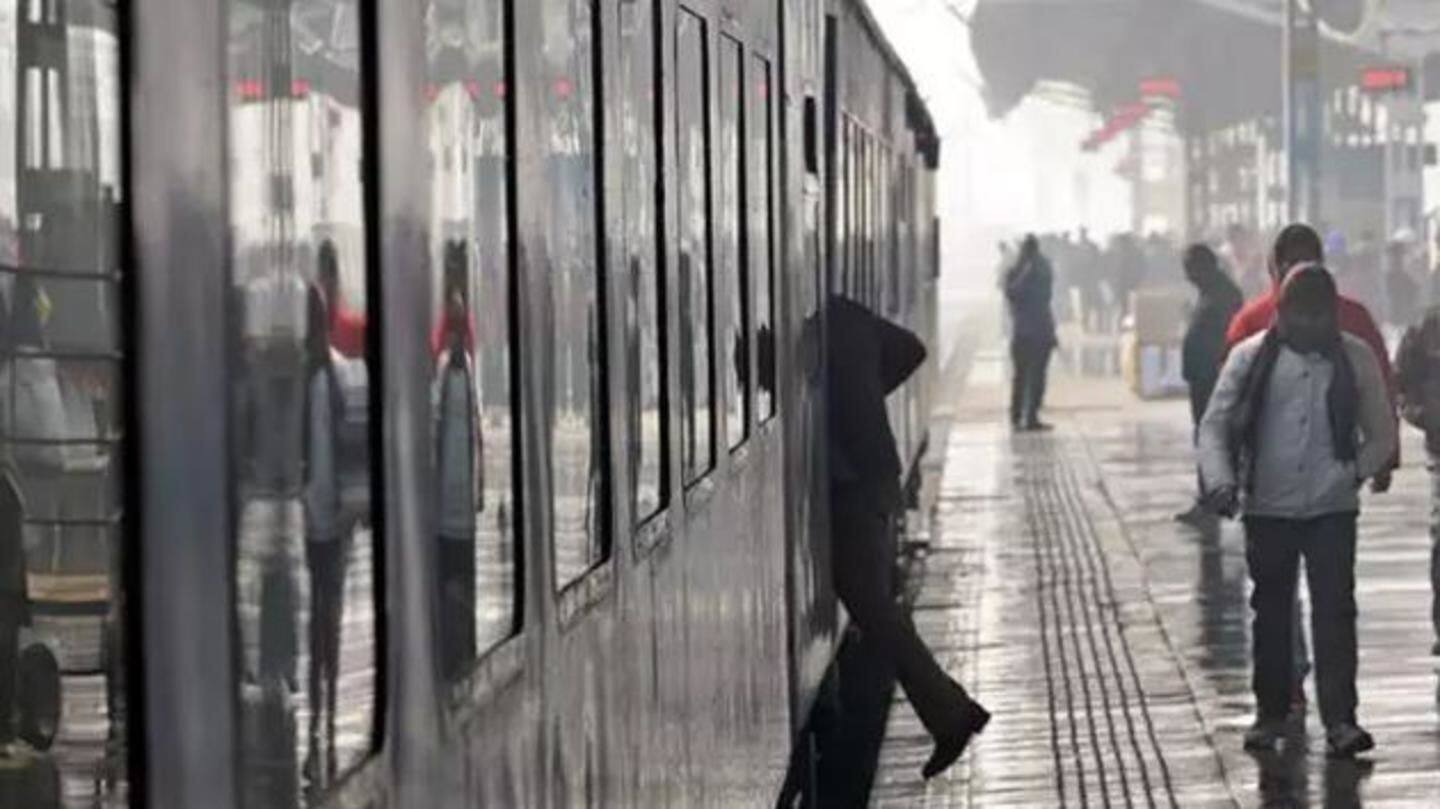
Railways' new 'smart coaches' have black boxes, integrated real-time monitoring-system
What's the story
In a first, the Railways has unveiled new advanced 'smart coaches' which come fitted with black boxes, like in aircraft. The aim is to bring down number of accidents. The black boxes will monitor the train's movement and alert teams in case of deviations. For this, it will constantly integrate inputs from CCTV cameras and coach diagnostics system for real-time updates. Talk about technology!
System
System will monitor not just trains, but tracks too!
The sensor-based on-board condition monitoring system (OBCMS) has been designed "for timely detection of defects related to coaches and also tracks on a running train." It will constantly monitor a range of behaviors- oscillatory pattern, coach diagnostics, heating, ventilation and water management, among others. But it's not just about the trains; wireless sensor modes fitted on wheels will also help monitor health of tracks.
Do you know?
Here's an example of how OBCMS can help prevent accidents
The OBCMS will be of much help. For example, anomalies in vibration are often the earliest indicator of possible flaws with the wheel bearings. The new system will flag such anomalies beforehand, so operators can check and correct them on time, thus preventing accidents.
Entertainment
The smart coaches are about more than safety
Safety isn't all these smart coaches will ensure. They will also come equipped with Internet of Things (IoT) that will provide for complete passenger entertainment through infotainment software and Wi-Fi hotpots. Train-related updates will be announced constantly. This new system will cost an additional Rs. 15-20L per coach. The Railways will install it in more coaches after a trial run.
Figures
Indian Railways achieves record safety figures in years
Recently-released Railways data showed the number of accidents fell to two-digit figures for the first time in 35 years. Three-digit figures have been the norm since 1968-69, except in 1980-81. It has also emerged that the number of deaths/injuries in accidents more than halved in a year, touching its lowest in 18 years. From 607 in 2016-17, it came down to 254 last year.